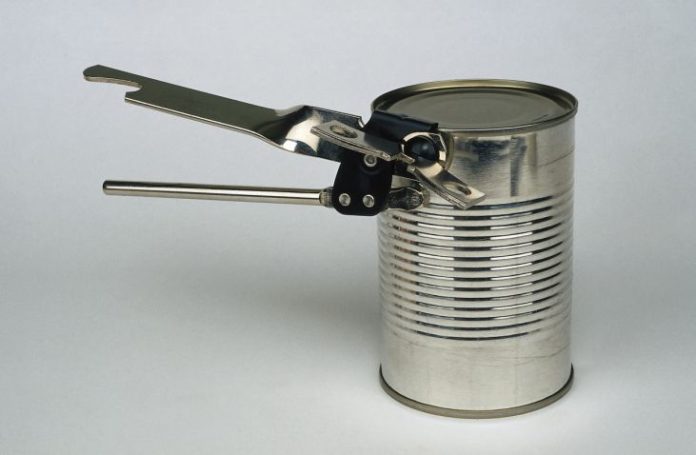Prenatal exposure to a chemical commonly found in plastic food and beverage containers and tin cans requires further investigation after an Edith Cowan University (ECU) study found Bisphenol A exposure in pregnant women.
The study, published in the International Journal of Hygiene and Environmental Health, found Bisphenol A – more commonly known as BPA – at detectable concentrations in the urine of more than 84 per cent of pregnant women surveyed.
The study showed slightly higher urinary BPA concentration in three groups of women: those in their first pregnancy, those with a body mass index of less than 25, and those who ate tinned food more than four times per week.
While the study suggested an association with these factors, School of Medical Sciences Lecturer Dr Anna Callan said the sample size was not large enough for the results to reach statistical significance.
Dr Callan, who headed the study, has called for more research into the exposure of pregnant women to ascertain if there is a safe level of BPA exposure.
The chemical has been linked to developmental and behavioural problems in children exposed to BPA in-utero in one overseas study, but there is little known about exposure and whether concentrations do indeed represent levels for concern.
Dr Callan said that her study was a starting point for research into human exposure to BPA in Australia.
Studies in the United States, Norway and the Netherlands have found higher levels of BPA exposure in pregnant women than the general population.
“Given the potential impacts of prenatal BPA exposure, further research on the most common sources of BPA exposure is needed so pregnant women can make an informed choice,” said Dr Callan.
Dr Callan said the research should not be a trigger for the public to avoid exposure to BPA.
“The chemical is fairly ubiquitous, so whilst I would suggest that people, especially pregnant women and young children, think about sources of exposure and choose BPA-free refillable bottles and baby bottles the reality is that we are all probably going to be exposed to some extent from food and beverage containers,” Dr Callan said.
“At this stage I think the most important thing is that further research into the extent of exposure, particularly of vulnerable population groups such as pregnant women and children, is conducted as well as further work on the effects of the exposure.”
Source: Edith Cowan University











